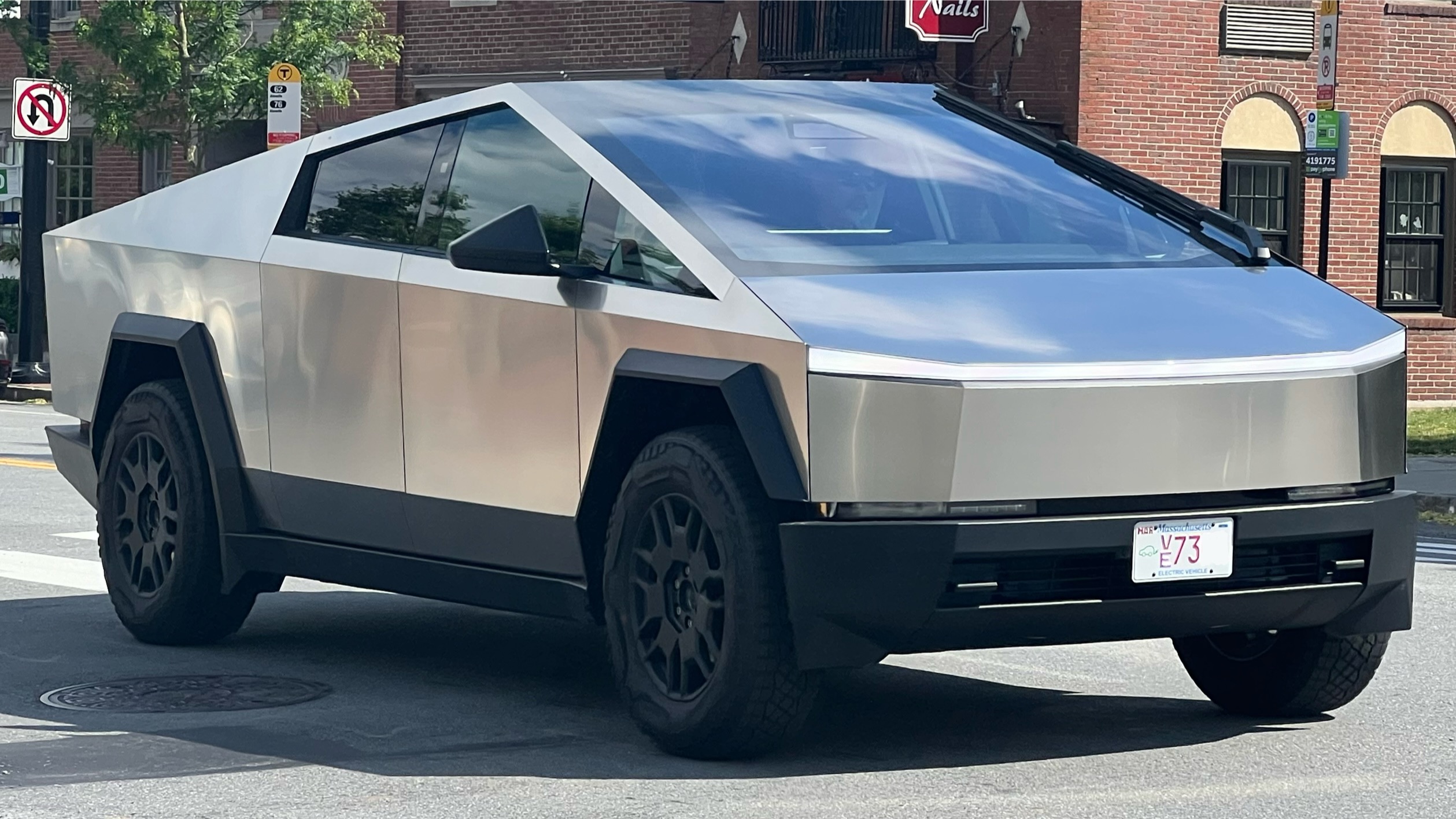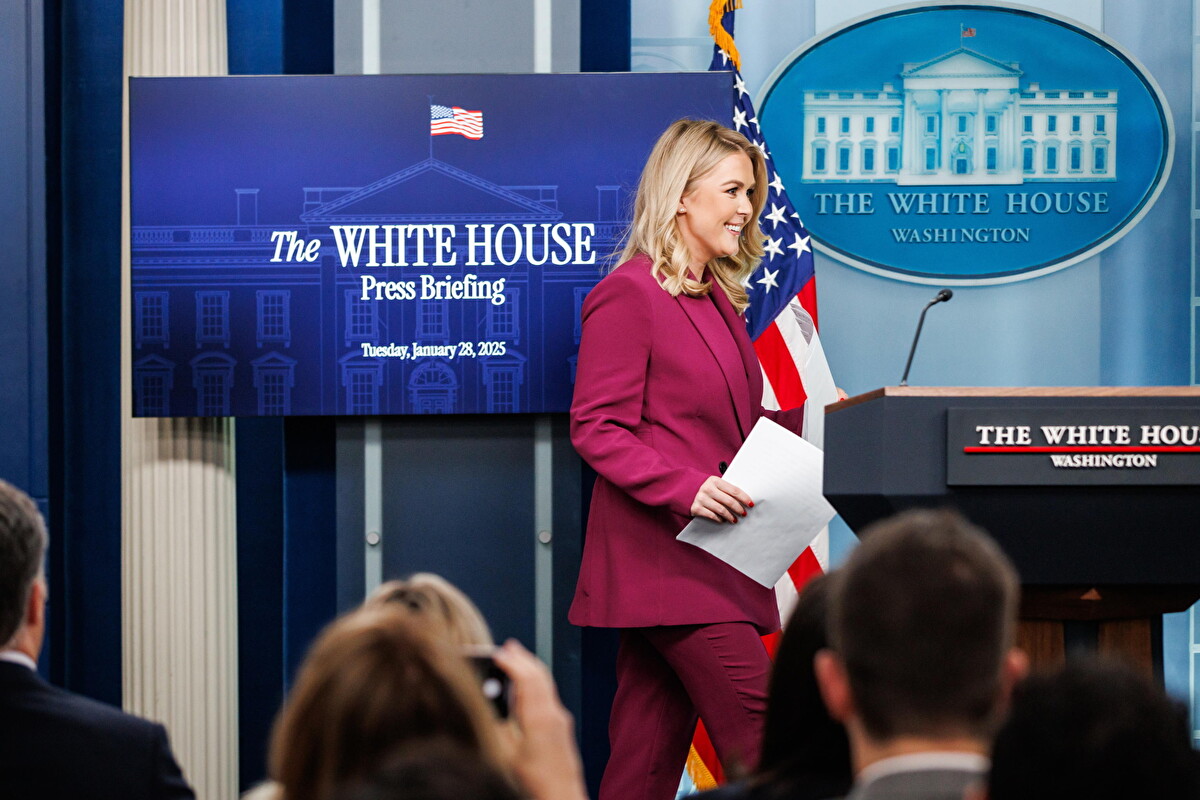Donald Trump has never been one to mince words, especially when it comes to electric vehicles. For years, he delighted in mocking them, questioning their range, lamenting their cost, and tying them to China’s alleged ambitions to undermine America as the indispensable nation. But in a Hollywood-worthy twist, the former President has recently changed his mind.
At his Saturday rally in Grand Rapids, Michigan, Trump suddenly delivered a line no one saw coming. “I’m constantly talking about electric vehicles but I don’t mean I’m against them. I’m totally for them,” he proclaimed. The audience, momentarily stunned, then erupted in applause. Moments later, he added, “I’ve driven them and they are incredible, but they’re not for everybody.” It was classic Trump—unpredictable, dramatic, and entirely his own brand.
So what sparked this transformation? Enter Elon Musk, the enigmatic CEO of Tesla, who seems to have worked his persuasive magic on Trump. The two met in March at Trump’s Palm Beach residence and, according to Musk, began frequent discussions on a range of topics, including EVs. “He just calls me out of the blue,” Musk revealed with a hint of bemusement. “I don’t know why, but he does.”
By June, Trump’s narrative had notably shifted. His criticisms were no longer aimed at the reliability or value of electric vehicles but rather at the federal incentives designed to boost their sales and the environmental regulations pushing automakers to increase production. He insisted that while consumers should be free to choose EVs, the government should not be in the business of shaping the car market.
Musk, like Trump, ever the showman, took some credit for this shift. At a Tesla shareholders meeting, he casually noted, “I can be persuasive.” He speculated that Trump’s change of heart might also be influenced by the fact that many of Trump’s friends now own Teslas and rave about them. Plus, Trump is reportedly a big fan of the Cybertruck—a futuristic vehicle that looks more like something out of a sci-fi movie than a traditional pickup.

Trump’s personal history with EVs adds an intriguing layer to this narrative. Back in 2015, The Washington Post reported that his car collection included a Tesla. And as president, he once hosted an event at the White House to promote an electric pickup truck from Lordstown Motors, a company that later went bankrupt. However, after losing the 2020 election, Trump’s stance hardened, seemingly in direct opposition to President Biden’s aggressive push for green energy.
This unexpected alliance between Trump and Musk could prove beneficial for both. Trump stands to gain from Musk’s endorsement and substantial financial backing, which he highlighted with characteristic hyperbole at a recent rally. “Elon endorsed me the other day,” Trump told his supporters. “He’s pledged to donate $45 million a month to my campaign.” For Musk, Trump’s call to eliminate the $7,500 federal tax credit for EV buyers could level the playing field against competitors like GM and Ford, which currently benefit more from these subsidies.
Musk’s journey to this point has been just as winding. He once criticized Trump sharply, even resigning from advisory councils in protest of Trump’s climate policies. Yet, following an assassination attempt on Trump, Musk publicly endorsed his campaign, signaling a remarkable turnaround. Despite the Biden administration’s robust support for EVs, Musk has often felt sidelined, particularly when Tesla was excluded from a key White House EV meeting in 2021, which focused instead on unionized Detroit automakers.
As the 2024 election looms, the future of America’s EV landscape hangs in the balance. Trump’s renewed embrace of fossil fuels starkly contrasts with Biden’s clean energy ambitions. American automakers have invested billions in EV production, driven by Biden’s policies, yet face fierce competition from Chinese manufacturers like BYD.
Trump’s rhetoric continues to resonate with his base. A Pew Research Center survey revealed a stark partisan divide on EVs, with Republicans largely uninterested and Democrats more enthusiastic. “Trump is tapping into something Republicans really believe,” said political consultant Whit Ayres.
In Michigan, Trump doubled down, promising to end what he calls the “electric vehicle mandate” on his first day back in office. His stance underscores the broader cultural and political battleground that EVs represent in today’s America.












